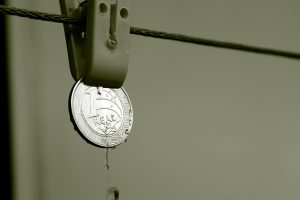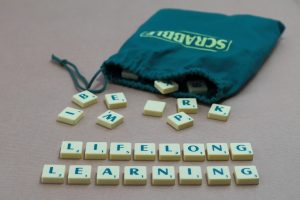Student Development: Life Skills
As students, we are often told that our primary responsibility is to study hard and excel academically. While this is undoubtedly important, it is equally crucial for us to develop essential life skills that will prepare us for life beyond the classroom. Student development goes beyond just academic achievements and grades; it also involves honing personal and interpersonal skills that are necessary for success in any field. In this article, we will delve into the topic of student development and specifically focus on the importance of life skills.
What are Life Skills?
Life skills are a set of abilities that enable us to effectively cope with the challenges and demands of everyday life. They are not limited to a specific area or task, but rather cover a wide range of competencies that are essential for personal, academic, and professional development. Life skills can be categorized into various domains, including communication, decision making, problem-solving, critical thinking, time management, adaptability, and interpersonal skills.
Why are Life Skills important for Students?
Life skills are essential for students as they prepare to enter the real world after graduation. While academic knowledge is valuable, it is not enough to guarantee success in the long run. Employers today are not just looking for individuals with good grades, but also those who possess a variety of life skills that will enable them to navigate their careers successfully. Furthermore, these skills are crucial for developing independence, resilience, and self-confidence, giving students the tools to overcome any obstacles that may come their way.
In the classroom, life skills help students to be more engaged in their learning by equipping them with essential study skills, such as time management, organization, and critical thinking. These skills not only help them to excel academically, but also prepare them for higher education or the workforce. Outside the classroom, life skills play a crucial role in developing healthy relationships and effective communication, both of which are essential for personal and professional success.
How can Students develop Life Skills?
Life skills can be learned and developed through various methods, including formal education, experiential learning, and personal reflection. In schools, student development programs often incorporate life skills as part of the curriculum, providing students with opportunities to practice and develop these abilities in a structured setting. However, these skills can also be learned outside the classroom through extracurricular activities, internships, part-time jobs, and volunteering.
Another way students can develop life skills is through personal reflection. Taking the time to understand one’s strengths and weaknesses, setting personal goals, and identifying specific areas for improvement can all contribute to the development of essential life skills. Seeking feedback from teachers, mentors, or peers can also help students to better understand their abilities and identify areas in which they can grow.
Conclusion
In conclusion, academic success alone is not enough to thrive in today’s society. Student development plays a crucial role in preparing students for the challenges they will face in the real world. Life skills are an integral part of this development as they equip students with the necessary competencies for personal, academic, and professional success. Therefore, it is essential for students to actively seek opportunities to develop and hone their life skills throughout their academic journey.











